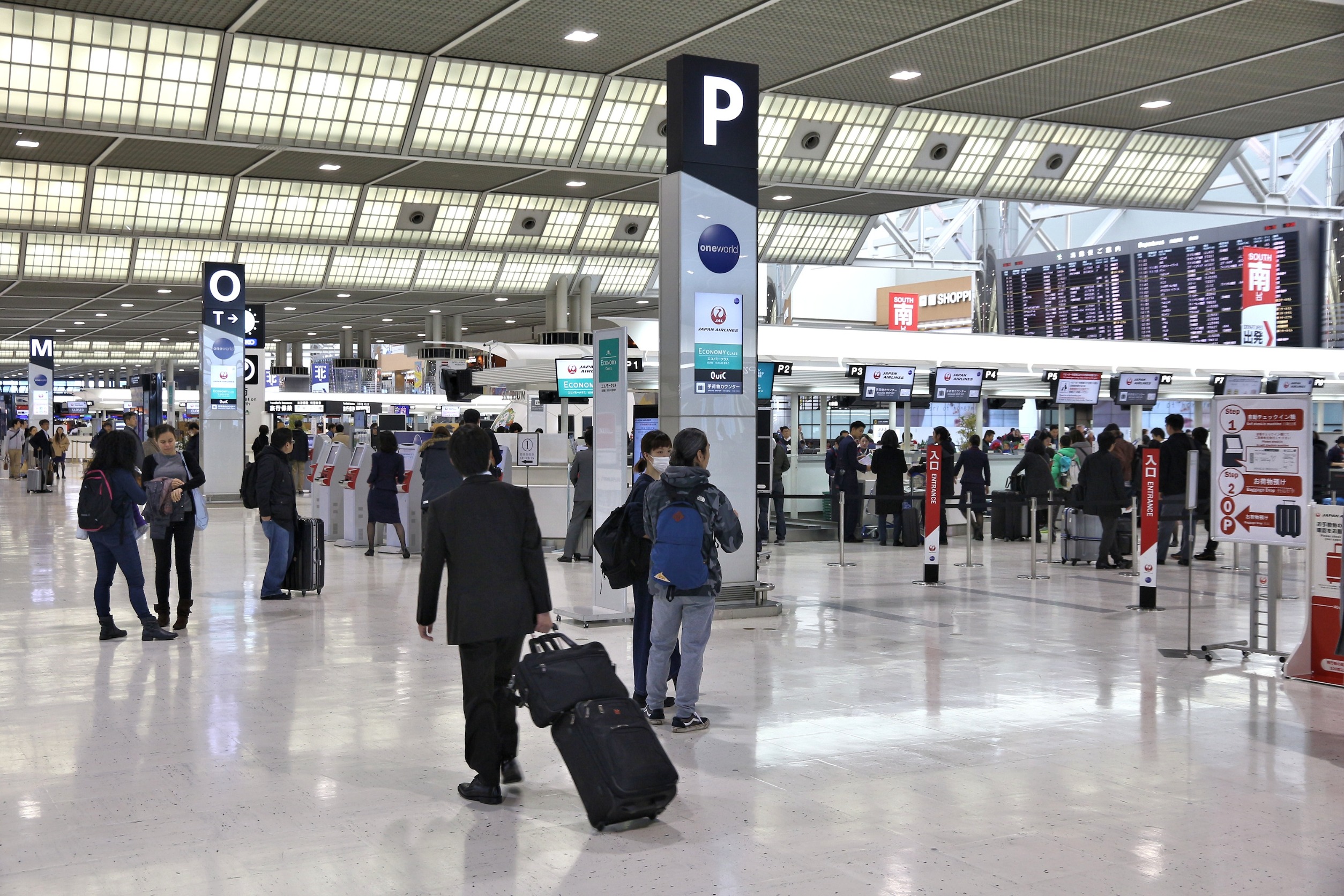Can I Bring Dried Fish to Japan?

Can I bring dried fish to Japan?
Navigating Japan’s Customs: Can You Bring Dried Fish Into the Country?
Introduction
Japan, known for its rich culinary traditions, is a popular destination for travelers seeking to experience its diverse and unique cuisine. For food enthusiasts, bringing back local delicacies as souvenirs is often an enticing prospect. However, when it comes to international travel, it is crucial to understand the customs regulations regarding the importation of certain food items. In this article, we will delve into the topic of bringing dried fish into Japan, exploring the guidelines, restrictions, and considerations associated with this particular culinary delight.
Understanding Japan’s Customs Regulations
Japan, like many other countries, has strict regulations regarding the importation of certain food items to protect the country’s agricultural and ecological integrity. The country has historically been vigilant about safeguarding its unique ecosystems and preventing the introduction of potentially harmful pests and diseases. Consequently, it is crucial to be aware of the rules and regulations to avoid any issues or penalties upon arrival.
Bringing Dried Fish into Japan
In general, Japan’s customs regulations permit the importation of dried fish products for personal consumption, but there are some crucial considerations to keep in mind.
Quantity Restrictions: The amount of dried fish you can bring into Japan without facing restrictions or requiring additional permits largely depends on the type and volume of the product. While there are no explicit quantity limits mentioned for dried fish, it is essential to exercise common sense and avoid carrying excessive amounts that may raise suspicions of commercial importation.
Packaging and Labeling: Proper packaging and labeling are essential when bringing dried fish into Japan. Ensure that the product is sealed and clearly labeled with information such as the product name, ingredients, and country of origin. Transparent packaging is preferable to allow customs officials to inspect the contents easily.
Prohibited and Restricted Species: It is crucial to be aware of any species-specific restrictions. Certain endangered or protected species of fish, such as sharks and rays, are subject to strict regulations, and their importation is prohibited or heavily restricted. Ensure that the dried fish you intend to bring does not fall under any restricted categories.
Airport Quarantine Checks: Upon arrival in Japan, you may be required to pass through an airport quarantine checkpoint. These checkpoints are in place to prevent the entry of any potentially harmful agricultural pests, diseases, or prohibited items. Be prepared for your luggage to be inspected, and provide accurate information to the customs officials if asked.
Consulting Japanese Customs Authorities
If you have any doubts or specific questions regarding the importation of dried fish or any other food items into Japan, it is recommended to contact the Japanese customs authorities or visit their official website for the most up-to-date information. The regulations may vary, and it is always better to seek official guidance to ensure a smooth entry into the country.
Conclusion
Bringing dried fish to Japan can be a delightful way to introduce your own culinary delights to this captivating country. While Japan has strict customs regulations to protect its ecosystems, bringing dried fish for personal consumption is generally allowed with certain considerations. Be mindful of quantity restrictions, ensure proper packaging and labeling, and avoid prohibited or restricted species. If you have any doubts, it is advisable to consult the Japanese customs authorities or visit their official website for the most up-to-date information. By following the guidelines, you can navigate Japan’s customs with ease and enjoy your dried fish while immersing yourself in the country’s fascinating culinary scene.










